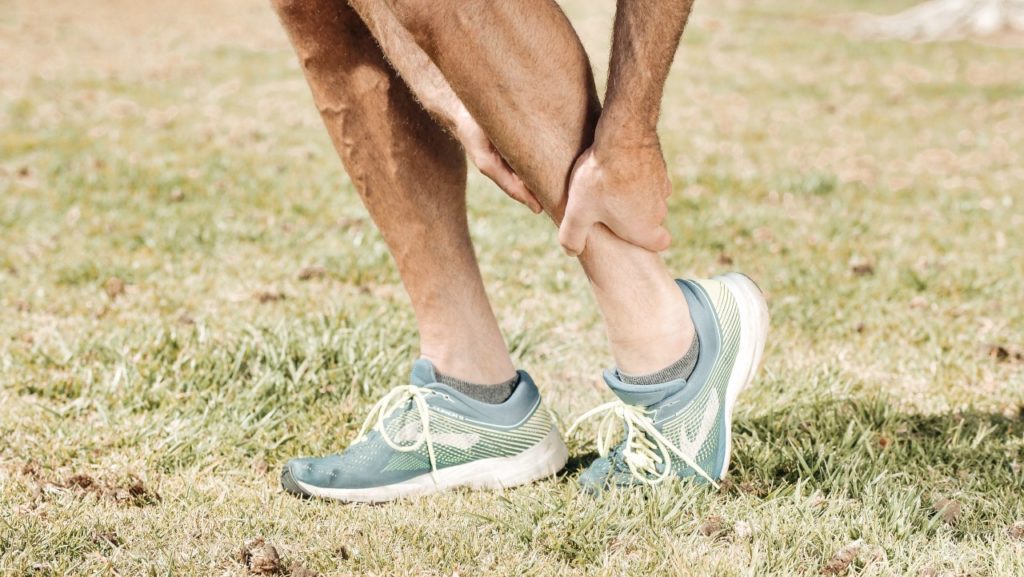Gout is a common form of inflammatory arthritis that typically affects the big toe joints, but also can affect other joints of the foot, ankle, knee, wrist and elbow.
Anyone can get gout, but usually men are three times more common to get it than women, likely to develop gout between the age of 30-50.
You are more likely to develop gout if you have high levels of uric acid in your body. Risk factors which may lead to increased uric acid include family history of gout, obesity, consumption of diet rich in purines; red meat, liver, shellfish, sardines, tuna, drinking alcoholic beverages especially beer, and sweetened drinks with fruit sugar (Fructose). Clinical conditions such as diabetes, hypertension, metabolic syndromes, heart failure and kidney diseases also can put you at an increased risk. Some medications may even increase your body levels of uric acid as well, such as Aspirin, beta-blockers and thiazides which is also known as water pills, and anti-rejection drugs used in patients who have undergone an organ transplant. In some patients, recent trauma or surgery can trigger an acute attack of gout which is called a gout flare.
When the uric acid levels increase, urate needlelike crystals form, and accumulate in your joint causing inflammation, swelling, and acute pain.
The acute attack is usually sudden, often wakes you up in the middle of the night, with the affected joint swollen, red, hot, and tender. Patients often complaint that they cannot even tolerate the weight of their bedsheet. Acute gout usually lasts for a week or two, with the pain being so intense in the first 12 hours, but later attacks last longer and affect more joints.
Complications include recurrence, deposition of urate crystals in the kidneys forming stones, and if untreated more deposition of crystals develop under the skin, in hands, feet, elbows and achilles tendon forming gout nodules which is called tophi. Tophi are not painful in the beginning but will be swollen and tender during acute attacks.
Upon seeing one of our podiatrists, your doctor will examine the affected joint, take x-ray images, and may perform an ultrasound, and may order some blood tests including uric acid.
Treatment will include different drug regimens, including anti-inflammatories, steroids and a medicine which can help lower the increased uric acid.
For future prophylaxis, we encouraged patients to drink plenty of water to help your kidneys to clear the uric acid, keep a healthy diet and limit all the previously mentioned food and drinks which contain high purines.
If you experience sudden intense pain to your foot joints, you should reach one of our highly trained podiatrists as soon as possible, as you might have gout and scientific research proved that the earlier it’s taken care of, the less long term complications you may have to your joints.




